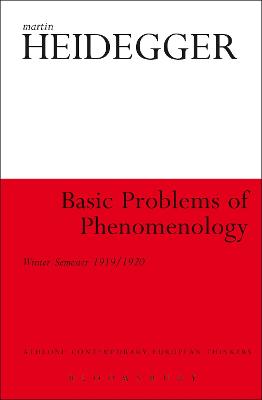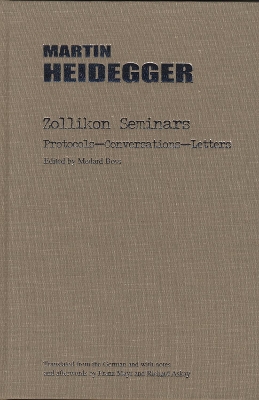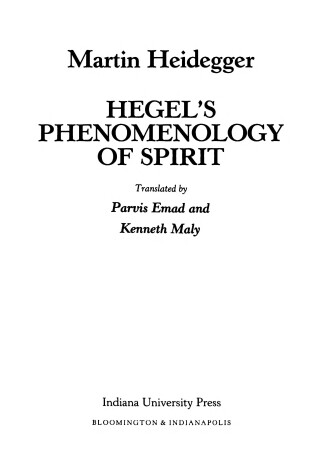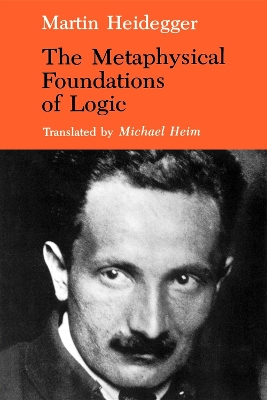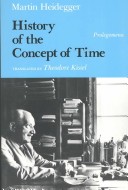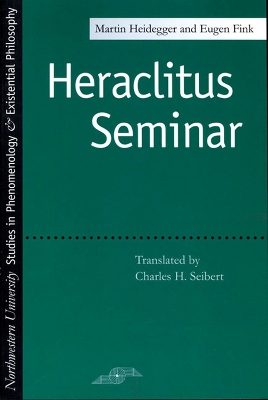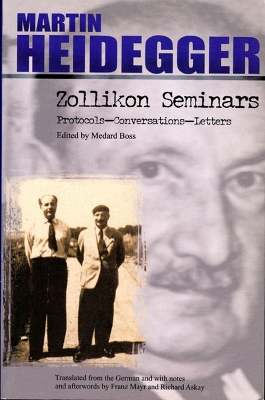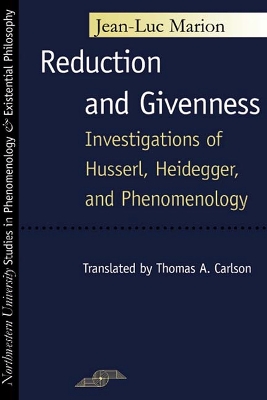Studies in Phenomenology and Existential Philosophy
8 total works
Offering a full-scale study of the theory of reality hidden beneath modern logic, The Metaphysical Foundations of Logic, a lecture course given in 1928, illuminates the transitional phase in Heidegger's thought from the existential analysis of Being and Time to the overcoming of metaphysics in his later philosophy. In a searching exposition of the metaphysical problems underpinning Leibniz's theory of logical judgment, Heidegger establishes that a given theory of logic is rooted in a certain conception of Being. He explores the significance of Western logic as a system-building technical tool and as a cultural phenomenon that is centuries old.
Heidegger's lecture course at the University of Marburg in the summer of 1925, an early version of Being and Time (1927), offers a unique glimpse into the motivations that prompted the writing of this great philosopher's master work and the presuppositions that gave shape to it. The book embarks upon a provisional description of what Heidegger calls "Dasein," the field in which both being and time become manifest. Heidegger analyzes Dasein in its everydayness in a deepening sequence of terms: being-in-the-world, worldhood, and care as the being of Dasein. The course ends by sketching the themes of death and conscience and their relevance to an ontology that makes the phenomenon of time central. Theodore Kisiel's outstanding translation premits English-speaking readers to appreciate the central importance of this text in the development of Heidegger's thought.
Heidegger's remarks in this seminar illuminate his interpretations not only of pre-Socratic philosophy, but also of figures such as Hegel and Holderllin. At the same time, Heidegger clarifies many late developments in his own understanding of truth, Being, and understanding. Heidegger and Fink, both deeply rooted in the Freiburg phenomenological tradition, offer two competing approaches to the phenomenological reading of the ancient text-a kind of reading that, as Fink says, is "not so much concerned with the philological problematic ... as with advancing into the matter itself, that is, toward the matter that must have stood before Heraclitus's spiritual view.
